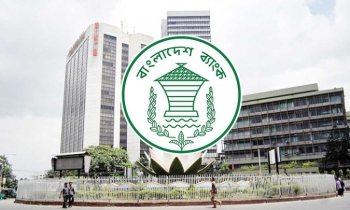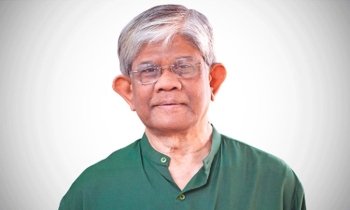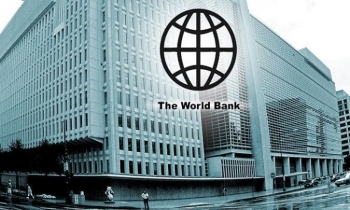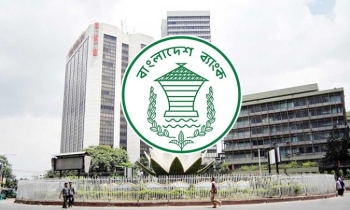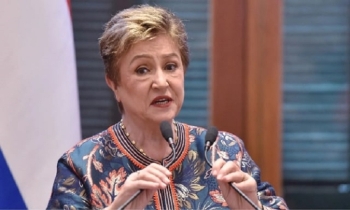Bank of Japan expected to end negative rates
BI Desk || BusinessInsider
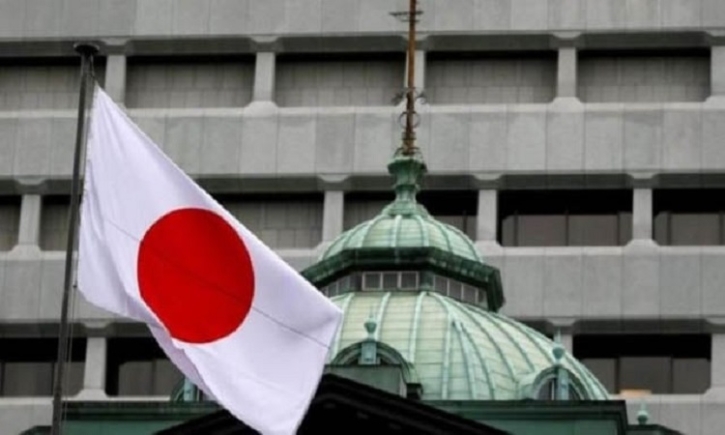
Photo: Collected
Japan's central bank was widely expected Tuesday to scrap its maverick negative interest rate policy and hike borrowing costs for the first time in 17 years, according to economists and media reports.
The US Federal Reserve and other central banks yanked up rates to rein in galloping inflation after Russia's 2022 invasion of Ukraine, reports BSS/AFP.
But haunted by the country's "lost decades" of stagnation and deflation, the Bank of Japan kept its main rate negative, as it has been since 2016. The last hike was in 2007.
Raising the main short-term policy rate from the current -0.1 percent will make loans more expensive for consumers and businesses, although the tweak will likely be minor.
It will also increase Japan's bill for servicing the national debt, which at around 260 percent of national output is one of the world's highest.
Because negative interest rates mean banks lose by parking capital with the BoJ, the policy was aimed at encouraging them to lend to businesses and thereby jump-start the economy and inflation.
The BoJ has also spent vast amounts buying up bonds and other assets to pump liquidity into the financial system.
The policy has sharply weakened the yen against the dollar, which is good news for exporters but unwelcome for consumers as it has made imports more expensive.
- 'Virtuous cycle' -
Inflation has, in fact, been at or over the BoJ's target of two percent for almost two years.
But despite some tweaks around the edges -- such as more flexibility with regard to its target range for bond yields -- the main interest rate has remained negative.
This is because the BoJ wants more evidence of a "virtuous cycle" of rising wages and inflation driven by demand and not temporary factors.
The final piece of the jigsaw may have come on Friday when Japan's largest trade union secured a wage hike of 5.3 percent from employers, the most since 1991.
Stefan Angrick at Moody's Analytics said Monday that the BoJ was "almost certain to drop its negative policy rate on Tuesday" after the wage talks.
"Japan's in the ballpark of what's needed to sustain two percent inflation domestically," Angrick said, and the wage result means "the BoJ will likely throw caution to the wind and move now".
Some 67 percent of surveyed economists predict that the policy rate setting will be hiked to between zero and 0.1 percent, according to Bloomberg.
The BoJ will also scrap other unorthodox measures including its yield curve control programme on bonds and the purchase of risk assets, the Nikkei reported on Tuesday.
"We trust the BOJ," the paper quoted a source close to Japanese Prime Minister Fumio Kishida as saying. The decision "is in their hands."
But moving too aggressively could also see large volumes of capital attracted to Japanese assets, potentially destabilising financial markets.

